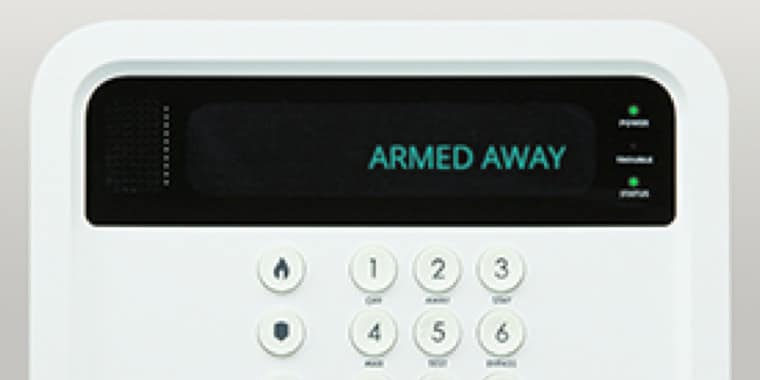A new year (and decade!) is here, and with it comes a new slew of cyber incidents, spoofs, scams, and hacker-related activities that all of us need to watch out for. Cybersecurity threats are becoming more sophisticated and undetectable with the rise of artificial intelligence (AI), and according to ADT [1], no organization—be it a Fortune 500 company or small business—is beyond the reach of today’s sophisticated hacker. That’s equally true for individuals and families.
From the spreading of disinformation, fake images and videos to robocalls and hackers posing as customer support services, cyber threats come in all forms. To make sure you are keeping your eyes open and on alert, here are a few of the biggest hacker scams we’re seeing as we kick off 2020—as curated by Ron Culler, our Senior Director of Technology and Solutions.
Phishing:
A tried and true method of attack, phishing aims to steal private information by tricking an individual to enter their password and other sensitive account details on a fake website or over the phone. This could be in the form of an email asking you to update your password, to a phone call asking for your social security information.
Deepfakes:
These are fake videos, audio recordings, and images that look and sound just like the real thing. Created with advanced software, these fakes are difficult to discern from authentic videos and images. Cybercriminals could leverage deepfakes to create compromising photos of an individual and threaten to share them if certain demands aren’t met.
Botnets:
A portmanteau of the words “bot” and “network,” botnets are hijacked groups of computers that help spread malware, infect private systems, and steal sensitive information. Anti-virus and anti-malware protections are the key to preventing botnets from attacking your computer.
2020 Census:
In mid-March, the Census Bureau will begin mailing out invitations to participate in the 2020 Census. This presents a big opportunity for scammers to pose as census takers to steal your personal information—and then use it to commit identity theft and other frauds. Learn more about protecting yourself on the FTC’s website here. [2]
As a leading security, automation and smart home solutions provider, ADT offers extensive cybersecurity resources for both consumers and businesses. [3] There’s no need to try to fight cybercriminals alone—but there’s plenty you can do to protect yourself [4], as a first line of defense:
Review your financial and billing statements frequently.
Monitor your credit history and place fraud alerts on your credit file to protect against identity theft.
Beware of online retailers who ask for your social security number or date of birth to complete a transaction. Most retailers don’t need this kind of sensitive personal data to finalize your purchase.
Don’t give out personal information over the phone. Seniors are targeted particularly often for this type of attack, but everyone should be aware of the threat.
Avoid public computers when making online purchases. The most secure network is typically on your computer at home.
Strengthen your passwords and change them periodically. Use phrases instead of words. Make sure they are at least 16 characters long and use a combination of letters, numbers and special characters.
Backup critical data regularly with a flash drive or a software backup service.
To protect against phishing, keep an eye out for spelling errors and other suspicious peculiarities in emails.
When writing out the year 2020, do not abbreviate as scammers can easily turn 2/2/20 into 2/2/2018 to falsify information.
If you run a business, make sure your employees use strong passwords and never access sensitive company information on unsecured devices or wireless networks.
Educate your employees on the basics of phishing and malware threats [5] and defense.
When in doubt, encourage your colleagues to double-check that the domain address of an incoming email—i.e., JohnSmith@CompanyDomain.com—matches your actual company domain.
ADT can help protect individuals against identity theft [6] and assist with handling the fallout if the worst-case scenario becomes a reality. Part of our offerings include dark web defense, in which in-house leading industry experts monitor day and night to help ensure customers and their information are safe—even in the farthest corners of the internet, where special software allows hackers and website operators to remain anonymous or untraceable. We also offer 24/7 fraud incident resolution; annual credit reports; and public, courts and criminal records monitoring.
Check out all our identity-theft prevention services here [7]—and Happy New Year!
Sources
[1] https://www.adt.com/business/resources/understanding-cyber-threats
[2] https://www.consumer.ftc.gov/blog/2019/11/2020-census-fact-v-fiction
[3] https://www.adt.com/business/cybersecurity
4] https://www.adt.com/resources/digital-safety-tips
[5] https://www.adt.com/business/resources/what-is-phishing





